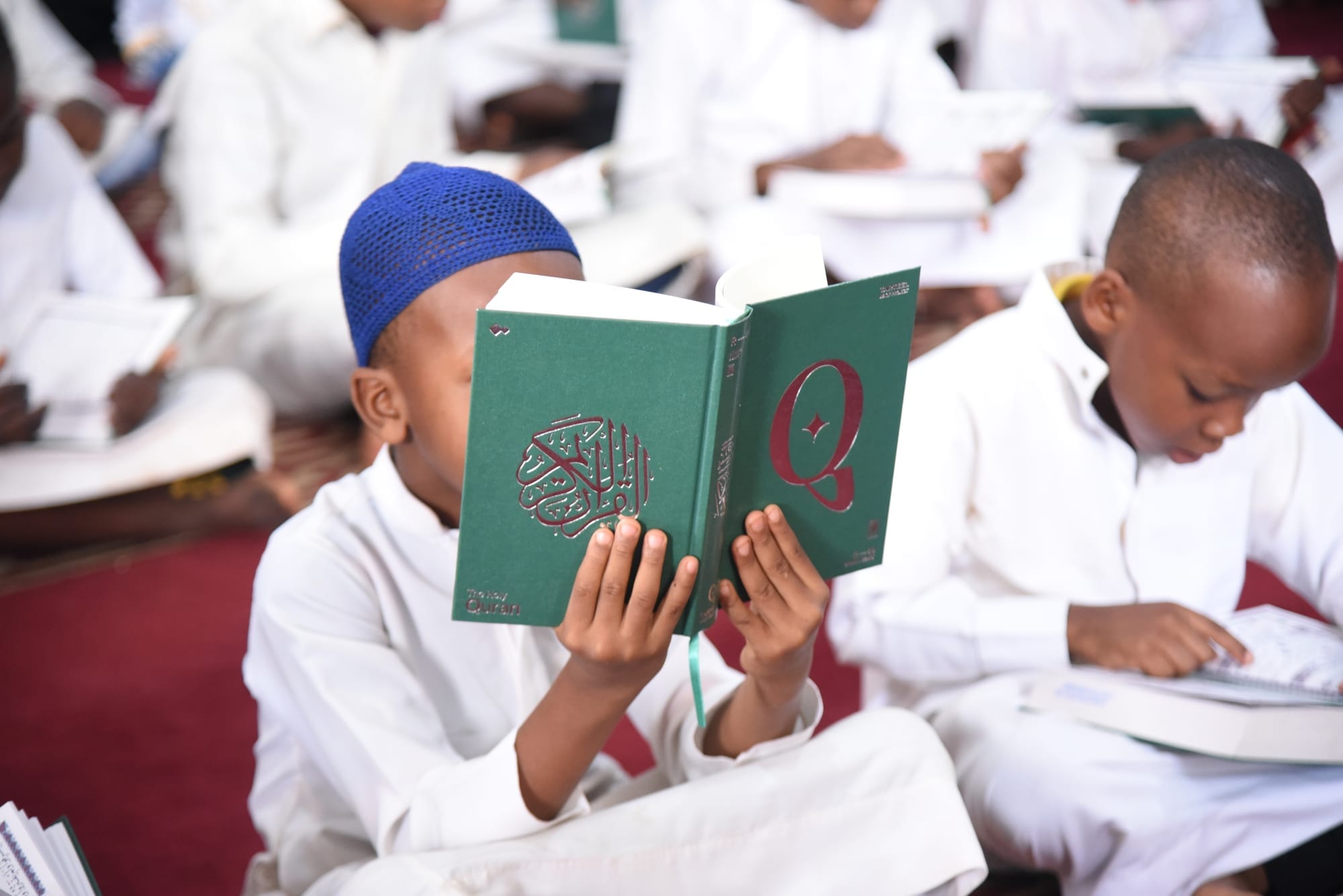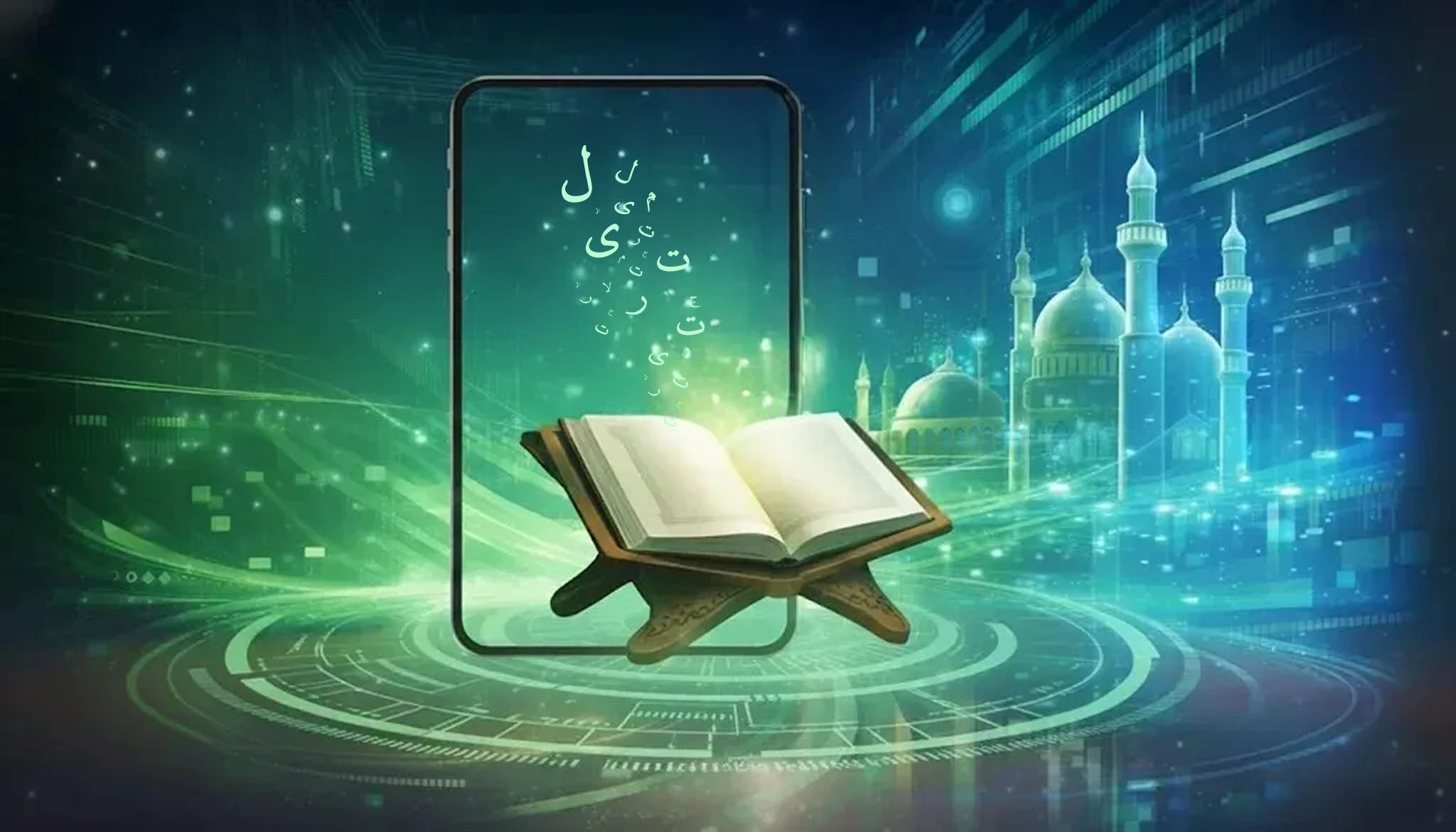The Mauritanian method of Quran memorization, also known as the “Dawr” method, is renowned for its rigor and deep-rooted traditional approach. In Mauritania, Quran memorization is seen as a sacred journey, often starting from a very young age and carried out in traditional Madrasahs (Quranic schools), where students spend years mastering the entire Quran.
A Unique Approach to Memorization
In the Mauritanian method, the focus is on both memorization and precision. Students typically use wooden tablets, known as luh, to write out verses of the Quran. This manual transcription of the Quran serves as an initial phase in the memorization process. By physically writing the verses, students absorb the words visually, tactically, and mentally, reinforcing the memorization process through multiple sensory engagements.
Once the student transcribes a passage, they recite the written text repeatedly while looking at the luh. The repetition often involves verbal recitation dozens of times, allowing the text to enter long-term memory. Students recite to their teachers or peers to ensure accuracy before moving on to the next section.

The Role of Repetition
The Mauritanian method places a heavy emphasis on repetition, with some students repeating verses hundreds of times to embed them into memory. Repetition is not just about rote memorization; it is also about perfecting pronunciation, tajweed and rhythm. By repeating verses until they can be flawlessly recited from memory, students ensure that they are not only memorizing words but also reciting with the proper Quranic cadence.
Integration of Tafsir and Meaning
While memorization is the primary goal, understanding the Quran's meanings also plays a key role in Mauritanian Quranic education. Teachers often integrate tafsir to ensure that students comprehend the context of the verses they are memorizing. This is particularly important, as it adds depth to the student's engagement with the Quran and fosters a greater connection with the text.
Memorization Milestones and Completion
In Mauritania, students typically start with shorter surahs from Juz Amma. Over time, they progress to longer surahs, with each new passage reinforcing previous memorized sections. Students regularly review previously memorized surahs to maintain their retention. Weekly or even daily review sessions are common, ensuring that previously memorized parts remain fresh in their minds.
The journey of memorizing the Quran can take several years, often four to six years, depending on the student's dedication and pace. The student’s journey is marked by milestones, such as completing specific chapters or sections of the Quran, all while being under the close supervision of their teacher, known as a Murabbi.
Once a student completes memorization, they are often encouraged to pursue further Islamic education, including deepening their knowledge of Quranic sciences, tafsir, and fiqh . The Mauritanian method is more than just memorization; it fosters a lifelong relationship with the Quran and its teachings.

Challenges and Rewards
Memorizing the Quran using the Mauritanian method is not without its challenges. The isolation of the traditional schools, the lack of modern conveniences, and the intense dedication required can make the process mentally and physically demanding. However, the students who go through this rigorous system emerge with not only a solid memorization of the Quran but also a deep spiritual connection to the text.
One of the unique aspects of this method is the high level of discipline it instills. Students often memorize large portions of the Quran while living a simple, distraction-free life in rural settings, far from the distractions of modern technology. This simplicity and focus contribute to a deep internalization of the Quranic text.
The Mauritanian method of Quran memorization stands out for its depth, structure, and emphasis on not just rote memorization but spiritual and intellectual connection with the Quran. Through the use of traditional tools like the luh and rigorous repetition, this method ensures that students emerge as guardians of the Quran, deeply rooted in its recitation and meanings. Though demanding, the method creates a bond between the student and the Quran that is unparalleled, reinforcing the Quran’s role as a guiding light throughout life.





